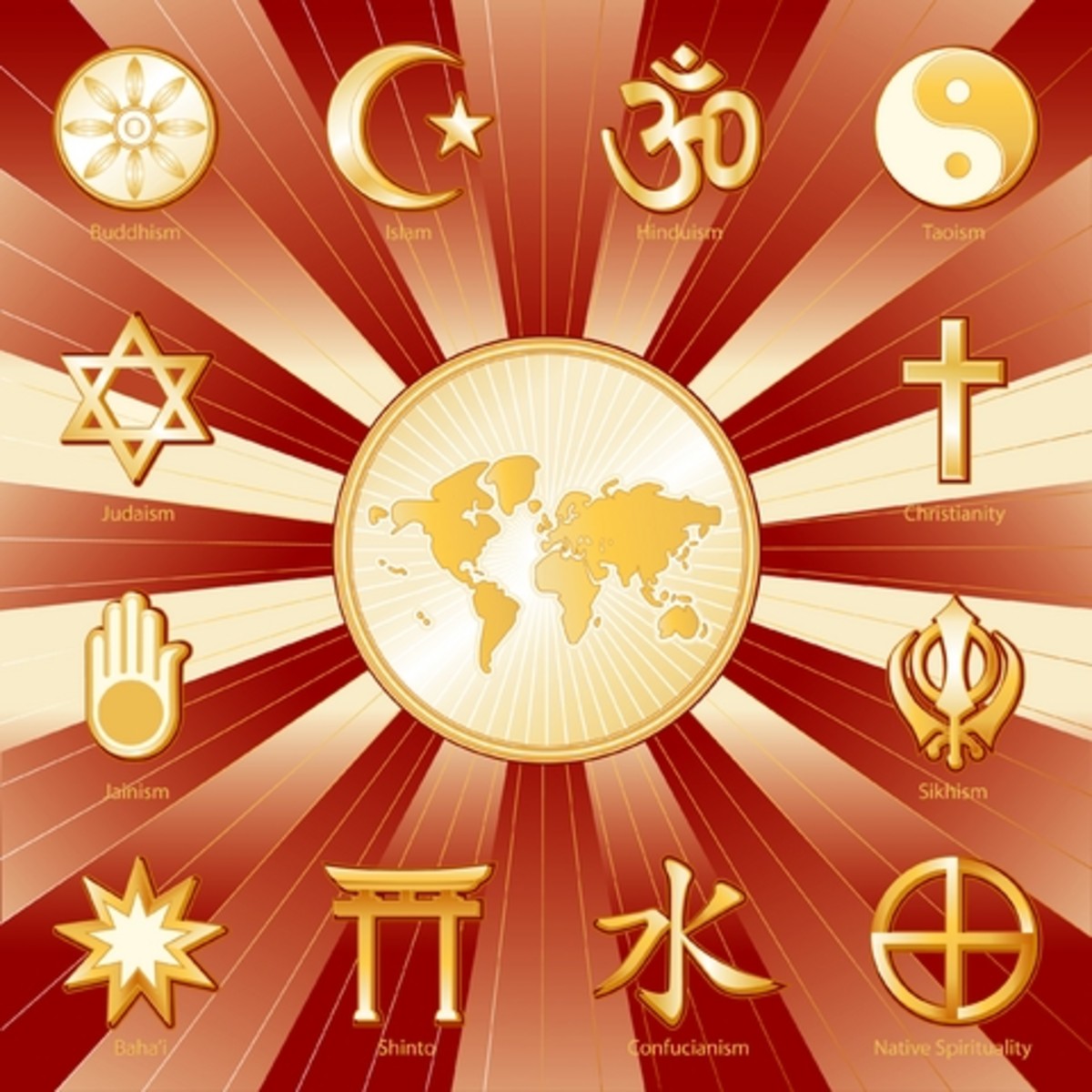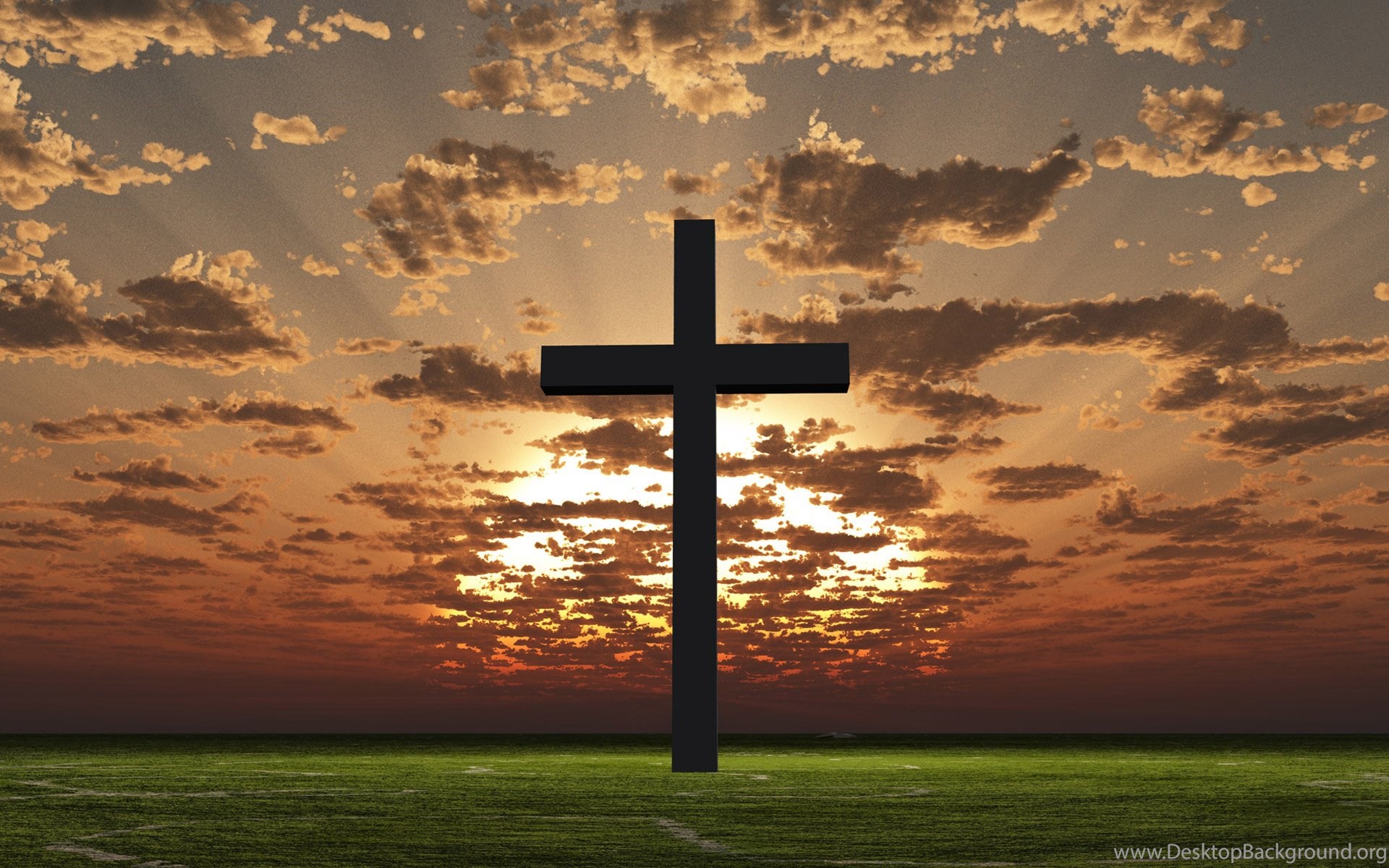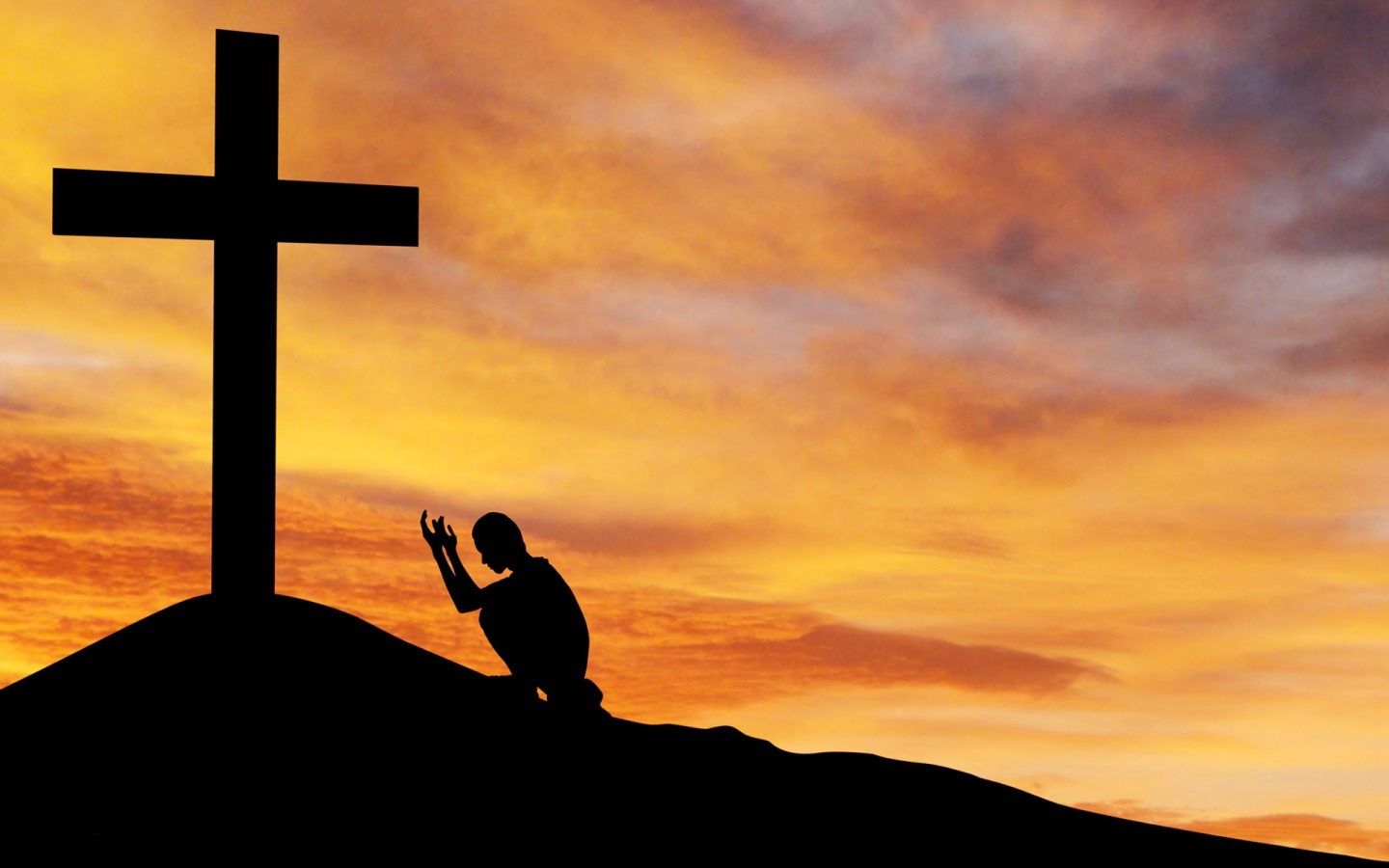Religious Tours World - Connecting With Sacred Places
There's something truly special, you know, about feeling a deep connection to something much bigger than ourselves. For many people, this feeling comes from a belief system, a way of looking at the world that gives life a kind of meaning. It’s about feeling a faithful pull toward what someone sees as the ultimate truth, or a higher power, a sacred presence that shapes how they live their daily lives. This deep connection, you see, often moves people in ways that are truly profound.
This desire to connect with something holy, something that feels truly special, often inspires people to seek out places that hold a particular spiritual significance. It's almost like a calling, a wish to be where history and belief have left their mark, where countless others have felt that same sense of awe. People might feel a strong pull to visit sites that are important to their own faith, or even to learn about the spiritual traditions of others. It’s a very human thing, that, to want to experience these sacred spots firsthand.
And so, this is where the idea of religious tours world comes into the picture. These trips offer a way for people to experience that deep connection, to walk where figures of faith once walked, or to see structures built with immense devotion. They provide a chance to witness how people show their reverence, how they live out their beliefs, and what they consider to be truly important. It’s a pretty direct way, really, to touch the heart of what being religious can mean, as we’ve come to understand it through studies and observations of human belief.
Table of Contents
- What Does Being Religious Really Mean?
- How Do People Show Their Faith?
- Why Do We Look at Faith Groups?
- Getting a Picture of Faith for Religious Tours World
- How Does Faith Change Over Time?
- What Do Studies Tell Us About Religious Tours World and Beliefs?
- Does Education Shape Our Spiritual Path?
- Finding Your Place on Religious Tours World
What Does Being Religious Really Mean?
When we talk about what it means to be religious, we are, you know, essentially talking about a person’s heartfelt commitment to something they believe is the highest truth or a divine power. It’s about showing a strong, deep loyalty to what they hold sacred, what they feel is truly holy, or something that deserves a very special kind of respect. This isn't just a simple idea, you see, it’s a way of life for many, shaping how they see everything around them. It’s pretty much about a person’s connection to what they consider to be ultimate reality, or perhaps a god or gods, a higher being that is worthy of their deepest devotion. This feeling, actually, can be very personal and deeply felt, guiding choices and daily actions in a very real way.
How Do People Show Their Faith?
So, how do people actually show this connection, this devotion they feel? Well, people usually express their faith in a few key ways. One big part is through acts of worship, which could mean anything from quiet prayer to group ceremonies, or even just moments of silent reflection. Then there’s the way people conduct themselves, their moral behavior, you know, living by a certain set of rules or principles that come from their belief system. This often involves being kind, honest, and fair to others. And, in a way, there's also the element of holding certain truths, having a right belief about things that are central to their spiritual path. These three things – worship, living a good life, and holding certain convictions – typically form the core of how someone expresses their religious feelings. These expressions, it seems, are what people often hope to witness or participate in when they go on religious tours world, seeking to connect with these practices in their original settings.
Why Do We Look at Faith Groups?
You might wonder, you know, why bother studying groups of people who share a faith? Well, getting a clear picture of the religious make-up of a country, like the United States, is pretty important for a few reasons. It helps us get a good sense of how many people belong to different spiritual traditions, and it also gives us a lot of details about the people within those groups. We learn about their age, where they live, what they do, and other things that help us paint a fuller picture of who they are. This kind of information, you see, is really helpful for understanding the broader social fabric and how beliefs play a part in everyday life. It’s a bit like taking a snapshot of a community’s spiritual pulse, which is pretty useful for understanding why people might seek out religious tours world, to connect with these diverse groups.
Getting a Picture of Faith for Religious Tours World
Gathering all this information, you know, is a really big job. For example, a group like the Pew Research Center’s Forum on Religion & Public Life put in a huge amount of effort to collect and look at this vast amount of facts. They shared what they found bit by bit, over time. For instance, in August 2012, they released some of their findings, and then more came out later. The most recent set of information from their big study gives us a wealth of details about what people in America believe and how they practice their faith. It tells us, for example, how central religion is in people’s daily existence, and what specific beliefs they hold. This kind of data, you know, can actually help us understand the motivations behind religious tours world, showing us what aspects of faith people are most interested in experiencing or learning about firsthand.
How Does Faith Change Over Time?
It's interesting, isn't it, to think about how faith changes over time? The religious picture of a place, like the United States, keeps shifting at a pretty quick pace. What was true a few years ago might not be the same today, you know. Researchers keep an eye on this by doing phone surveys. For instance, in surveys done in 2018 and 2019, about 65% of grown-ups in America said they were religious in some way. This number, it seems, can go up or down, showing how people’s connections to spiritual groups can evolve. These changes, you see, might even influence where people choose to go on religious tours world, perhaps seeking out traditions that are growing or exploring those that are experiencing a decline, to better understand the shifts.
What Do Studies Tell Us About Religious Tours World and Beliefs?
These studies, you know, also included some questions about faith that the research center has been asking for a long time in their regular surveys. These questions covered things like what religious group someone belongs to, like if they identify as Protestant, Catholic, or Jewish, for example. The studies also took a close look at how much people from different faith groups knew about certain key subjects. This included knowledge about the Bible, about Christianity, about parts of Judaism, and, you know, even what they understood about other spiritual paths. This kind of information, collected from grown-ups based on combined surveys in 2018 and 2019, really helps us get a sense of the general spiritual knowledge out there. Figures for smaller Protestant groups and Unitarians, for instance, came from these same Pew studies. This background on what people know and believe is pretty important, actually, for anyone thinking about religious tours world, as it helps frame the context of the places they might visit and the stories they might hear.
Does Education Shape Our Spiritual Path?
For many years, you know, there’s been this idea out in the open that people with more schooling tend to be less religious, on average, than those who have less formal education. This thought has been part of how people talk about faith for a long, long time, for decades, actually. It’s a pretty common notion, you know, that you hear quite a bit. However, some people who spend their lives studying religion have actually questioned this idea. They’ve raised doubts about whether it’s truly that simple, or if there are other things at play. It’s a complex question, really, and it shows that our understanding of faith and its connection to other parts of life is always, you know, being looked at and discussed. This discussion, in a way, adds another layer of thought for those considering religious tours world, perhaps wondering how different levels of schooling might influence someone's connection to sacred sites.
Finding Your Place on Religious Tours World
So, when you think about all this information – what it means to be religious, how people show their faith, how studies help us understand belief systems, and how faith itself changes – it all, you know, comes together to give a richer picture of why religious tours world are so meaningful. These trips are not just about seeing old buildings or historical sites. They are, you know, often about connecting with the very heart of human belief, about experiencing the devotion that has shaped cultures and lives for centuries. It’s a chance to walk in the footsteps of faith, to witness practices, and to simply, you know, feel that sense of something sacred that draws people from all corners of the globe. These tours, basically, offer a way to experience the living expressions of what people hold holy, and to gain a deeper appreciation for the diverse ways humanity connects with something bigger than itself.
This exploration of what it means to be religious, how people express their deepest convictions, and how researchers gather information about faith groups, gives us a really good foundation for appreciating why people choose to take religious tours world. We’ve seen how devotion is shown through practices and beliefs, and how studies help us get a clear picture of these spiritual groups, even noting how the religious makeup of places like the United States keeps changing. We also touched upon the long-standing discussion about education and faith, showing that our understanding of these connections is always growing. All this background, you know, helps us understand the profound reasons someone might want to visit sacred places around the globe, seeking a personal connection to something they consider truly special.
- Who Are Zoe Perrys Parents Unveiling The Family Background Of The Talented Actress
- Two Babys One Fox
- Richard Hoffman Police
- Desmond Doss The Unyielding Spirit Of A Conscientious Objector
- Morgan Wallen Setlist Miami

Meanings of Various Religious Symbols | Owlcation

Free photo: Religious Cross - Believe, Christianity, Cross - Free

🔥 Free Download Christian God Symbol In Hd Wallpaper Religious by